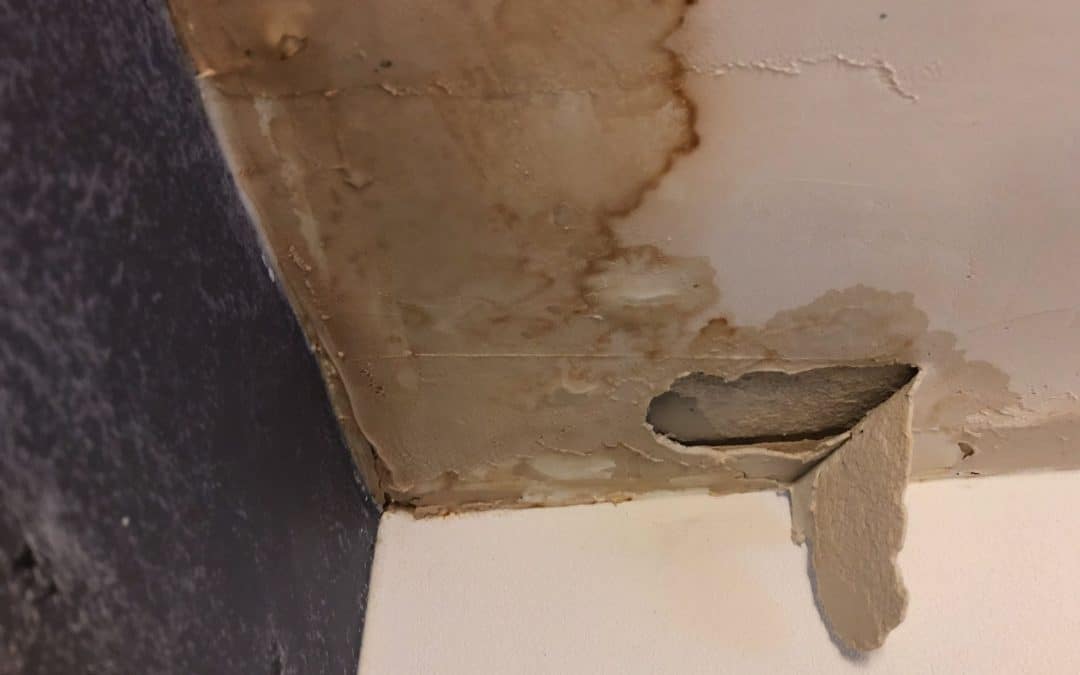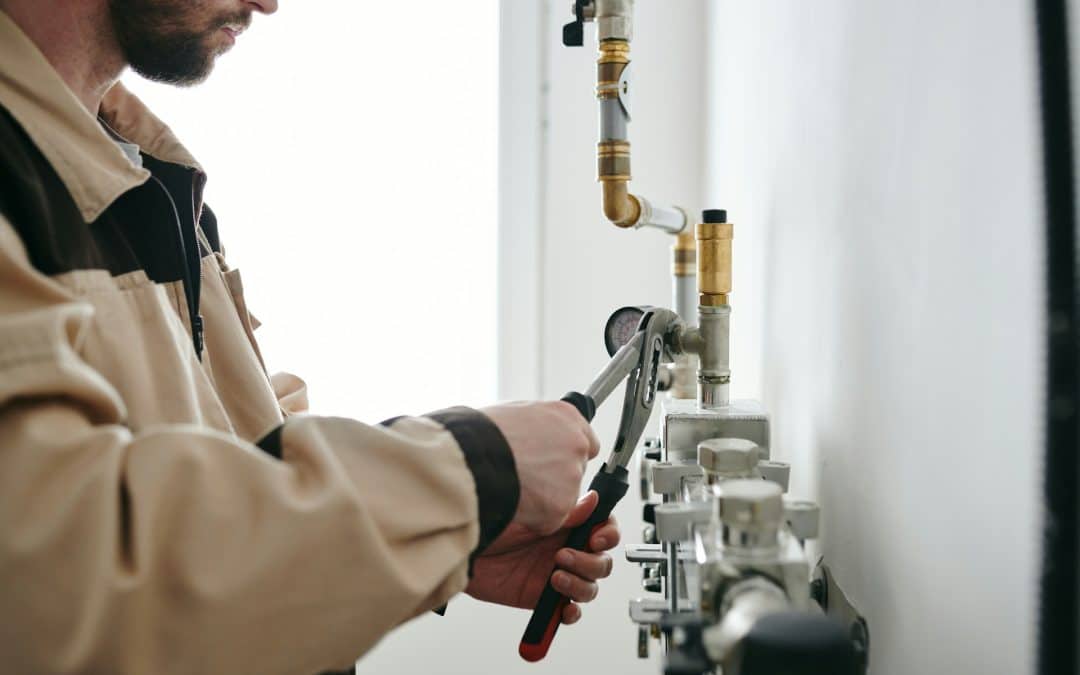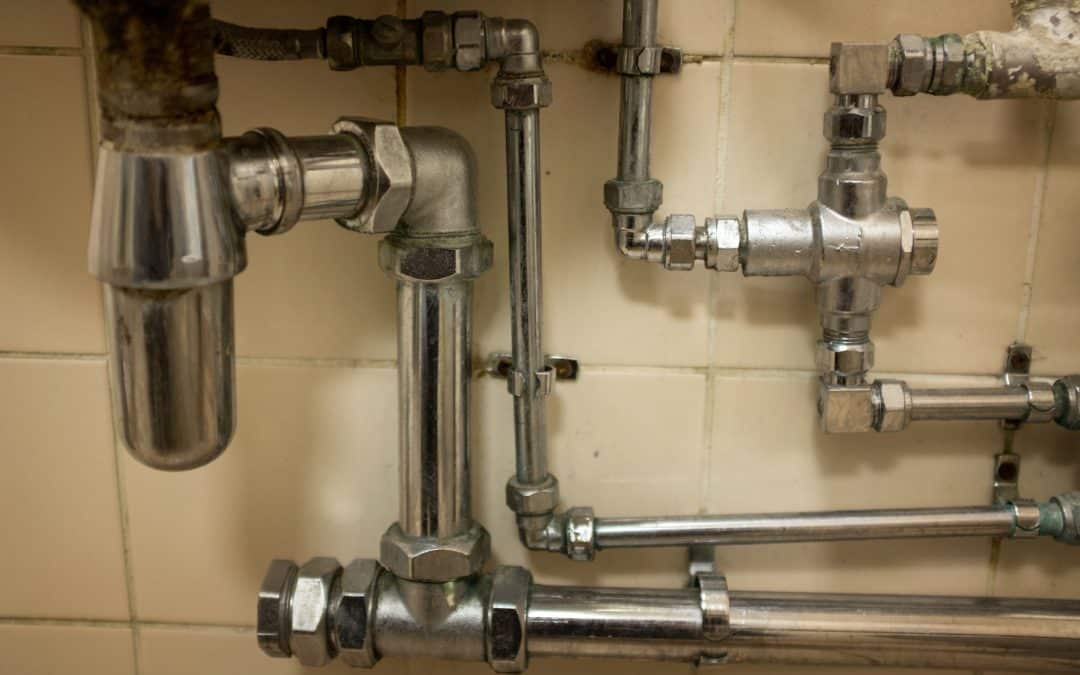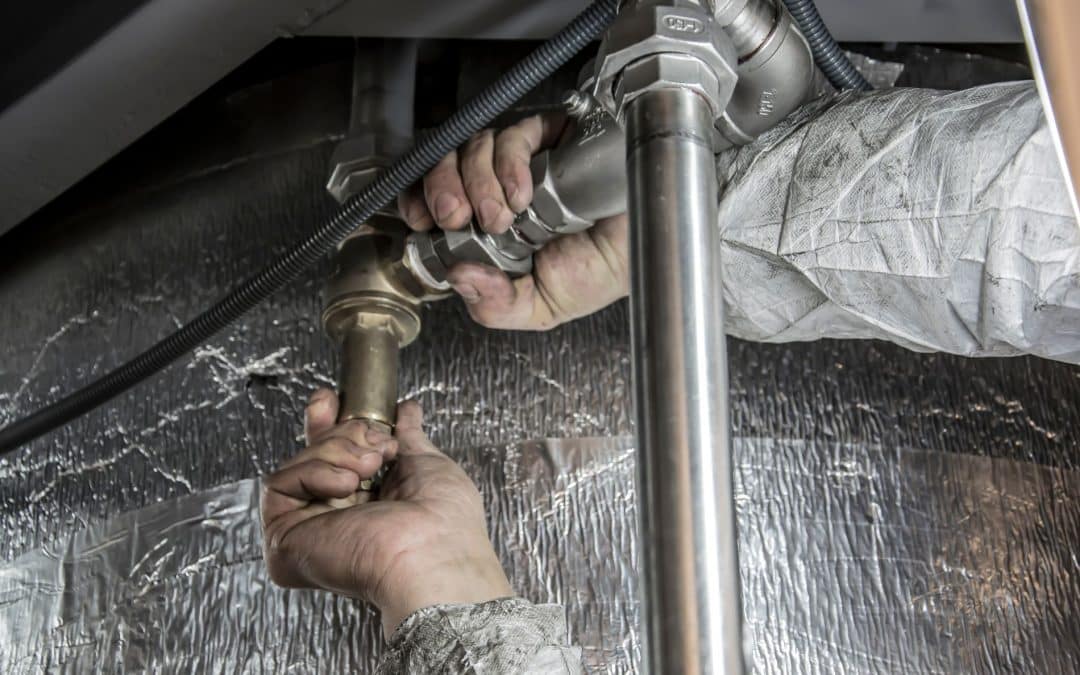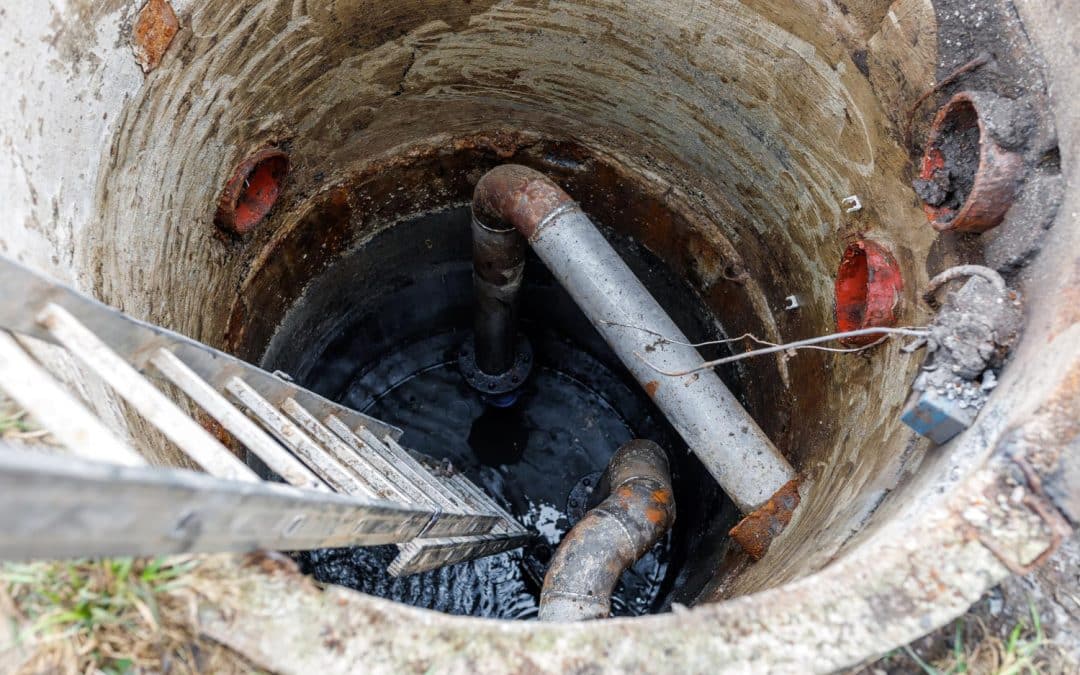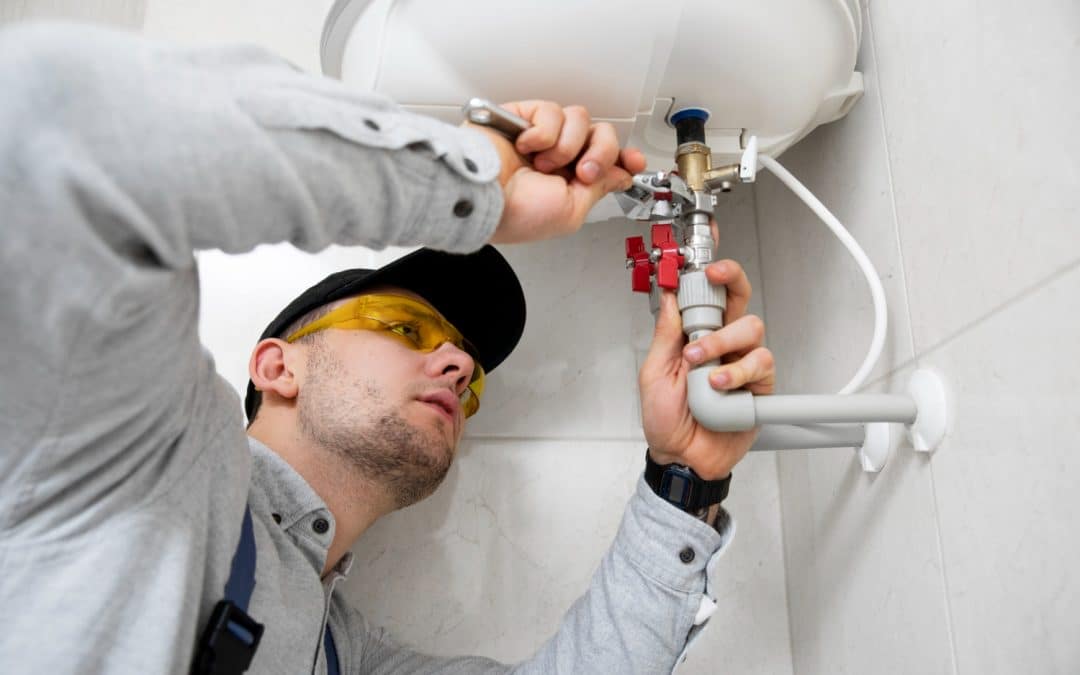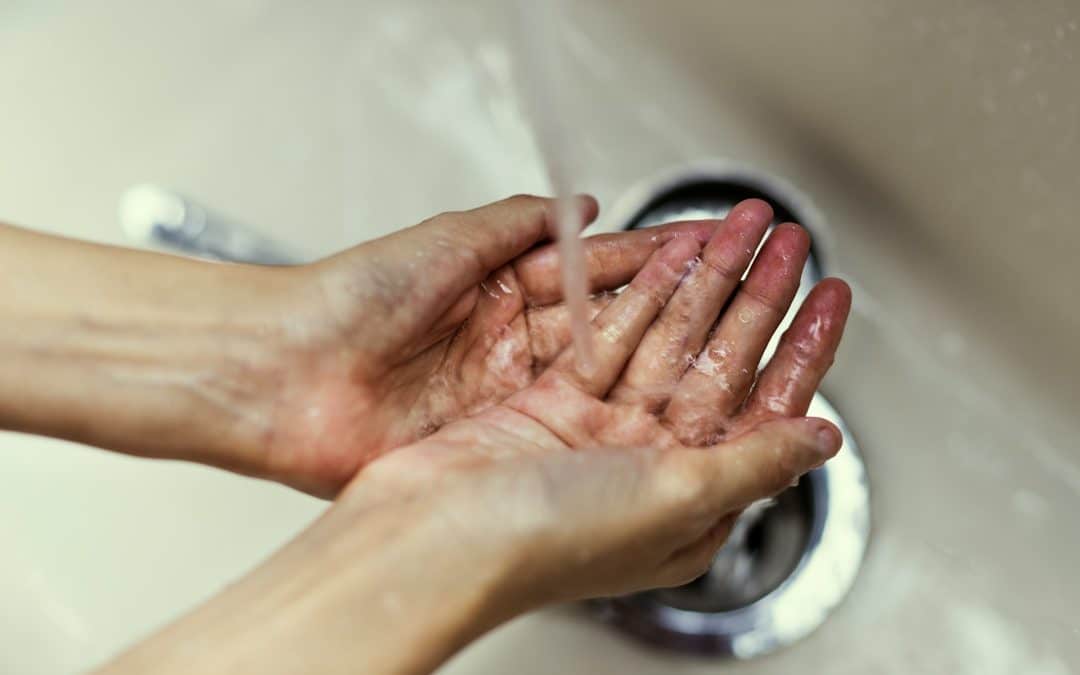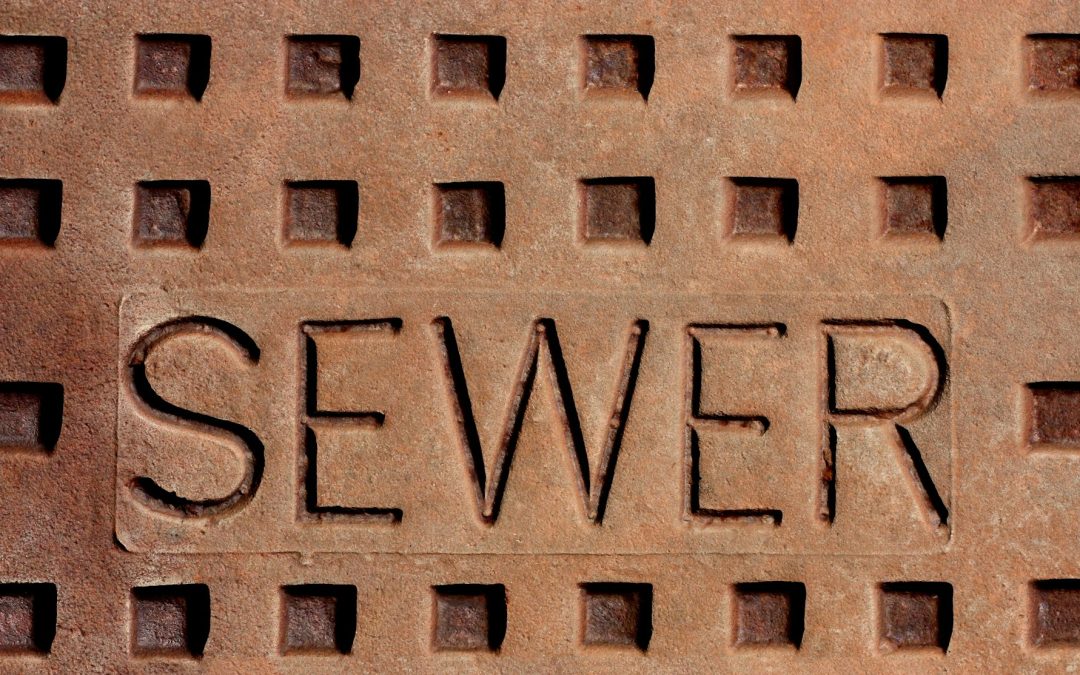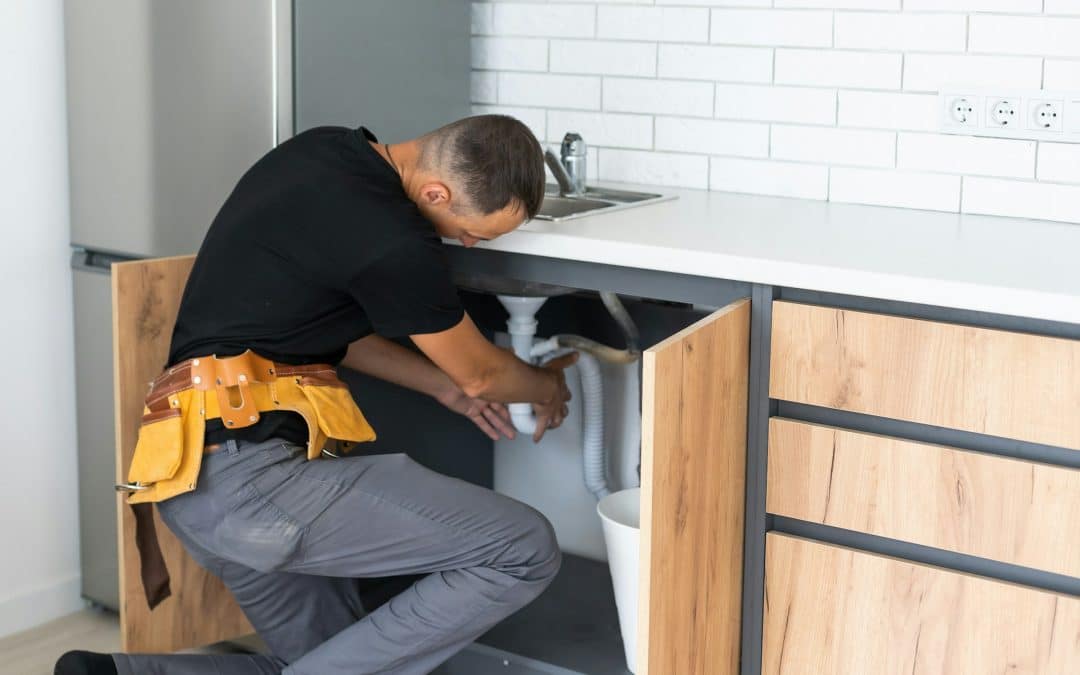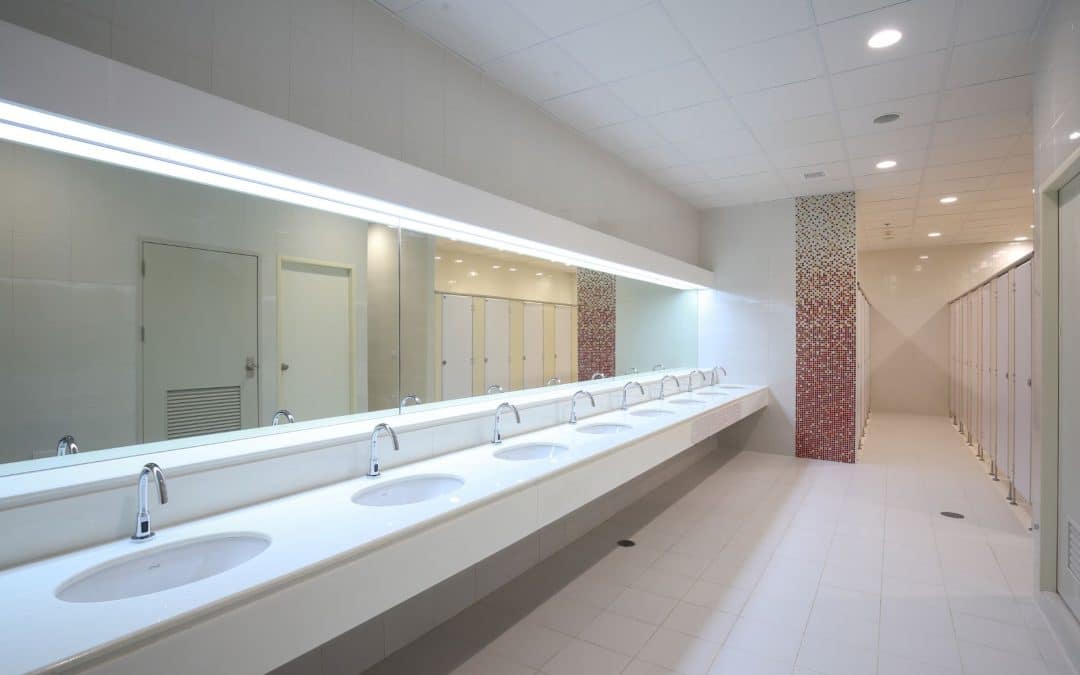One thing every homeowner needs to be concerned about is whether or not your city has hard water. Hard water is more than a nuisance: it’s a costly problem that can cause serious damage to your plumbing, your appliances, and even your skin. If you’ve been wondering whether or not hard water lies at the center of issues you’ve been experiencing as a Las Vegas homeowner, you need to read this article right away. It may change everything you thought you knew about the water you’re using.
What Is Hard Water?
Hard water is water that contains high levels of minerals. If your water contains over 7 grains per gallon (GPG) of dissolved minerals like calcium and magnesium, you’ve got hard water. Over 10.5 GPG is considered to be very hard water. Approximately 85% of the United States has hard water, and only 15% enjoy soft water. If you’re living in an area with hard water, you’re in very good company.
Does Las Vegas Have Hard Water?
At a rate of 16 grains per gallon, Las Vegas’s water is just about as hard as it gets. In fact, it’s some of the hardest water in the country. If you live in the Vegas Valley, chances are you’re feeling the effects—and so is your plumbing. This is because the Las Vegas Water District gets its water from the mineral-dense Colorado River via nearby Lake Mead. The water you use to bathe, cook, and wash your clothes started off as snow that melted and flowed down from the Rocky Mountains. Once you understand the journey this water took to get to your home, it’s easy to see how so many minerals ended up in Clark County’s water.
Is Hard Water Bad?
If you’re a Las Vegas resident, it’s understandable that you’d be concerned about the high levels of dissolved minerals in the water. However, there’s no cause for alarm. Even very hard water is not a health risk. It is merely a nuisance, although it can be a big one, causing everything from dull, sticky hair to reduced water flow caused by the buildup of deposits in your home’s pipes. Hard water can also be a costly problem. It can cause appliances that use water like your dishwasher to become less efficient, and it may also result in the need to replace your pipes.
Signs the Water in Your Home Is Too Hard
Wondering if you’ve got hard water problems? Look for the following signs.
Mineral Buildup Around Water Fixtures
As the dissolved minerals from Las Vegas’s hard water flow through your pipes, they stick to surfaces and build up over time. What starts off as unsightly marks and deposits in your water fixtures will eventually become a serious problem that will restrict the flow of water. Homeowners know how costly replacing faucets and showerheads can be. Hard water buildup is one issue you’ll definitely want to nip in the bud as soon as you see evidence of its effects—if not before.
Soap Scum on Bathtub, Curtain, or Doors
If you’re caught in a never-ending battle against the buildup of soap scum, your true enemy is hard water. Soap scum is more than just residue left behind from your soap; it’s that residue mixed with the minerals in your hard water. If you want to win the fight against this buildup, you’ll need to attack your hard water issue straight at the source. Giving up in defeat means sentencing yourself to a lifetime of hard labor. Invest in a good pair of rubber gloves.
Water Heater Elements Fail and Short Heater Life
The loud, banging noises your hot water heater makes are most likely the result of hard water calcium deposit buildup, which can cause water heater elements to fail. It is recommended that you flush your water heater out every six to twelve months. However, if Las Vegas you’ll need to do this more often—approximately once every three months. If you don’t, you may just find yourself without any hot water, and we all know that always seems to happen at the worst possible time.
Dry, Itchy Skin
Are you suffering from the effects of dry skin? Don’t assume the harsh desert elements are the sole issue: the hard water in Las Vegas is also a major contributing factor. The minerals in hard water can clog your pores because it leaves the same white soap scum residue on your skin that it leaves on your bathroom fixtures. The damage hard water does to your skin can actually make you look older because they contain free radicals that strip you of the natural oils your body needs to produce.
Dull Scratchy Clothing
Dull, dingy clothes are not necessarily the natural result of wear and tear over time. Do your clothes look yellow? When you take them out of the dryer, do they seem like they aren’t fully clean? If your clothing is wearing out quickly and it feels scratchy instead of soft, hard water may be the culprit. This is because the minerals in your hard water leave residue on your clothing that traps dirt and soap in them, irritating your skin in the process.
Spots on Dishes, Flatware, and Glasses
Do you have spots on your glasses and dishes? Just as hard water leaves a film on your clothing, skin, and plumbing, it leaves it on your dishes as well because the minerals stick to them. Are there red and black stains in your dishwasher? When hard water contains enough iron and manganese, it can cause the water to have a reddish or dark tint that leaves stains on the inside of the dishwasher and on your dishes.


